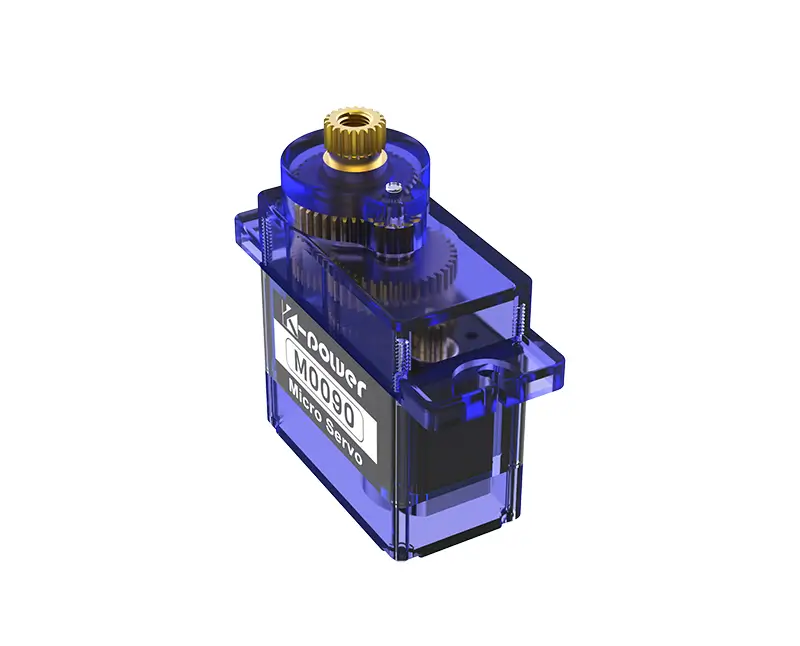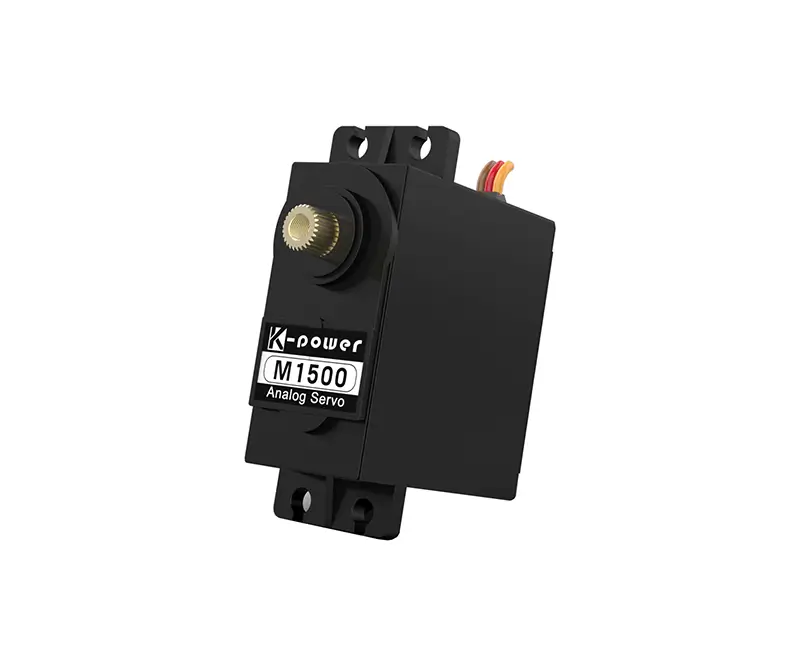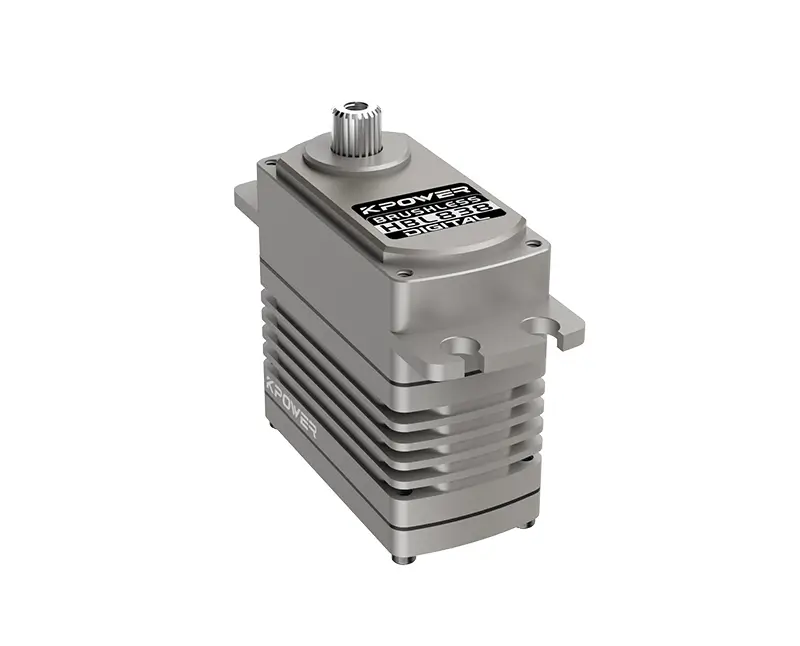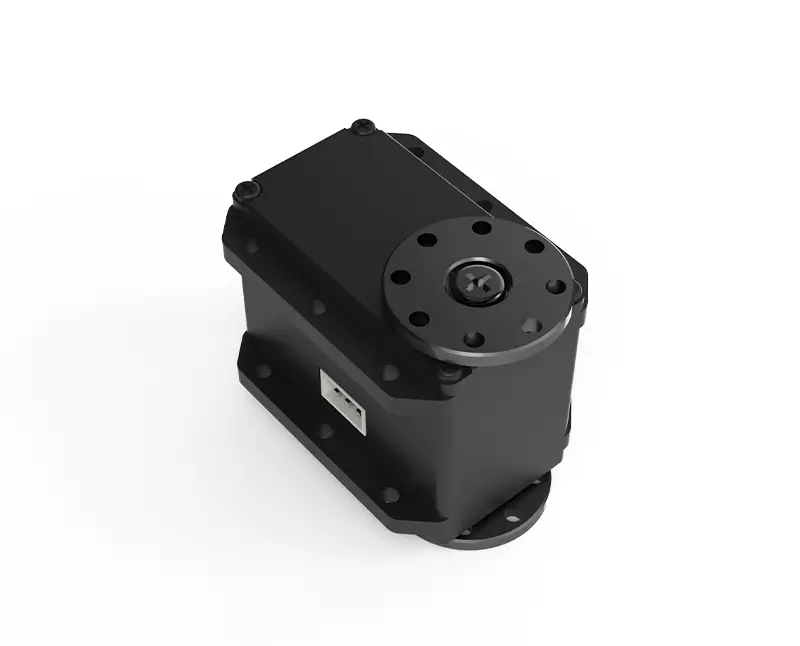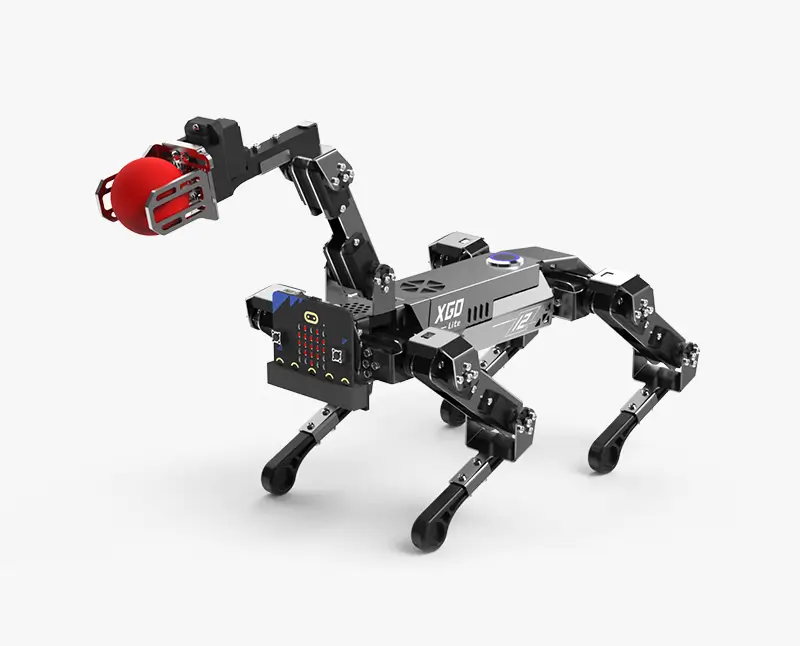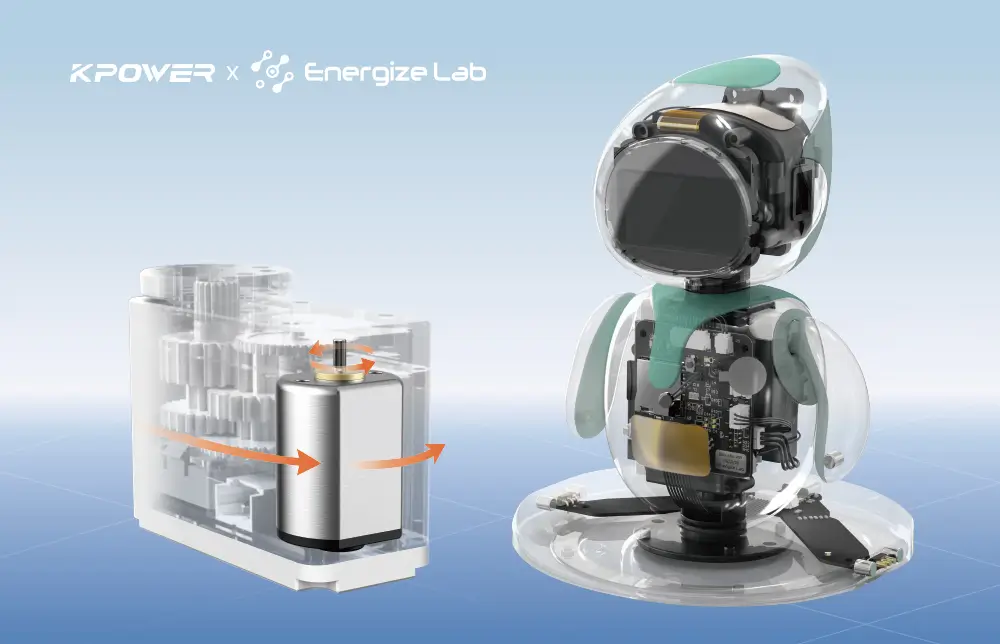Navigating Servo Motor Prices in Pakistan: What You Need to Know
Let’s cut to the chase: servo motors aren’t just about spinning parts. They’re the heartbeat of automation, precision, and efficiency. But when it comes to servo motor prices in Pakistan, the conversation often gets tangled in numbers without context. Why? Because pricing isn’t just a digit—it’s a story of quality, reliability, and what happens after you hit “purchase.”
.webp)
Picture this: A textile factory in Karachi upgraded its machinery last year. The owner hesitated between a budget-friendly servo motor and a slightly pricier KPOWER model. Six months later, only one machine was still humming smoothly during 18-hour shifts. Guess which one? Stories like this aren’t rare. They’re reminders that servo motor prices in Pakistan reflect more than upfront costs—they’re about longevity under pressure.
“Why does servo motor price in Pakistan vary so much?”
Glad you asked. Walk into any industrial market, and you’ll hear two extremes: “This one’s cheap but lasts a season” or “Pay more now, save headaches later.” The truth? Components matter. A servo motor’s precision gears, thermal resistance, and feedback systems define its lifespan. KPOWER units, for instance, use sealed bearings that laugh at Lahore’s dust storms. Cheaper models? Not so much.
Then there’s the invisible stuff—like support. Ever tried getting technical help at midnight before a production deadline? One manufacturer shared how KPOWER’s team once video-called their technician during a power surge crisis. No extra charges. No “office hours only” excuses. That’s where price tags blur into value.
But let’s talk numbers (without boring spreadsheets).
Servo motor prices in Pakistan typically swing between PKR 45,000 to PKR 200,000+. The gap isn’t random. A PKR 60,000 motor might handle light packaging tasks, but throw it into a metal-cutting unit? It’ll tap out faster than a rookie boxer. KPOWER’s mid-range models (PKR 85,000–120,000) dominate here, thanks to adaptive torque control that adjusts to load changes—like a car shifting gears uphill without jerking.
Mythbuster moment: “Higher price equals better performance.” Not always. Some premium brands charge for the label, not the guts. A KPOWER client in Faisalabad compared their PKR 95,000 unit to a PKR 150,000 import. Same specs. Same speed. But the imported model’s repair costs? Double.
The “Unsexy” Stuff That Actually Matters
Durability tests don’t make headlines, but they should. KPOWER motors undergo 72-hour stress runs in simulated 50°C environments—common in Pakistan’s summer. One user joked, “These things survive longer than my phone battery.” It’s not comedy; it’s engineering.
Then there’s energy efficiency. A servo motor drawing 10% less power might save PKR 20,000 yearly in a mid-sized factory. Multiply that across 50 machines. Suddenly, a PKR 10,000 price difference feels like a coffee budget.
Final Thought:
Choosing a servo motor in Pakistan isn’t shopping—it’s strategy. It’s asking, “Will this keep up when demand spikes?” or “Can I sleep without panic-calling technicians?” Price tags fade; performance echoes. Whether it’s KPOWER or another brand, focus on what whispers (or shouts) reliability when the machines roar.
Still curious? Explore how servo motors adapt to your industry’s rhythm—because in automation, timing isn’t everything; it’s the only thing.


































.webp)
